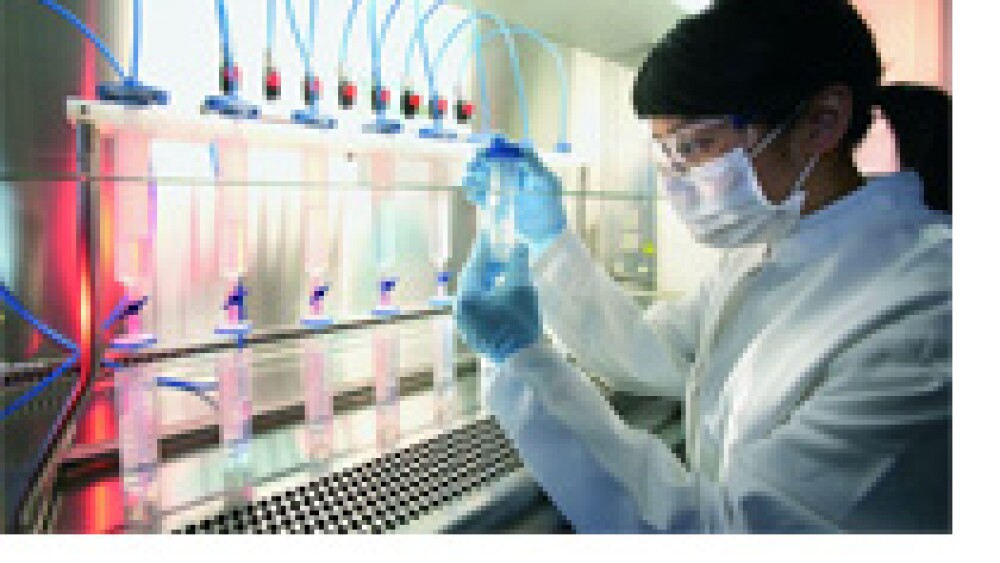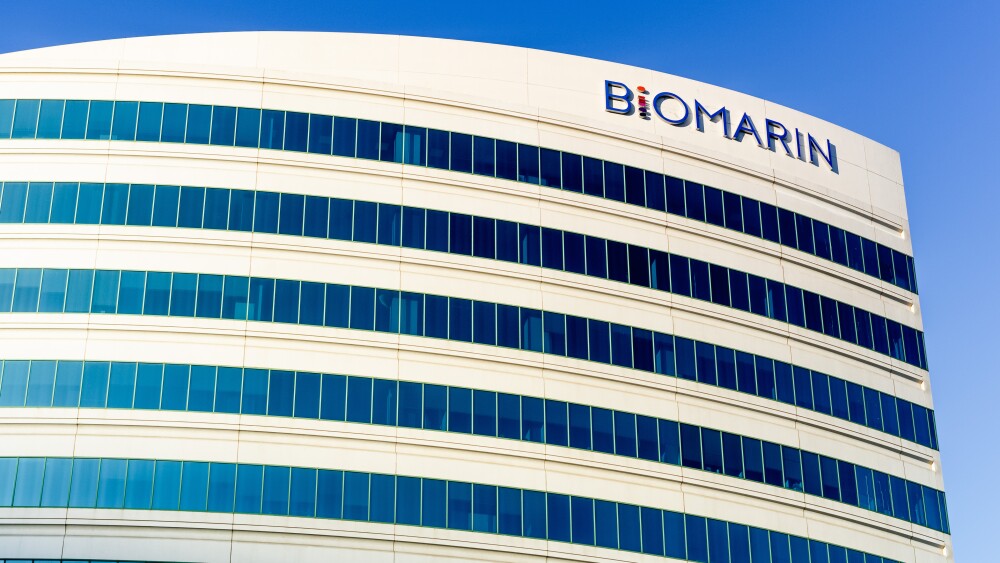February 13, 2015
By Krystle Vermes, BioSpace.com Breaking News Staff
Alaska Attorney General Craig Richards has asked IMPAX Laboratories, Inc. , for more information on agreements made with makers of the brand name drugs, Adderall, Effexor and Opana. This news came on Feb. 12 after Impax was implicated in a “pay-to-delay” deal, according to the San Francisco Business Times.
In “pay-to-delay” deals, brand-name drug companies agree not to defend their patents against generic companies. In turn, they allow the generic drug on the market sooner than if a patent challenge were to go to court.
However, regulators say that generic drug companies debut on the market later than if they were to win a patent challenges. “Pay-to-delay” deals have cost consumers approximately $35 billion, according to the Federal Trade Commission. Impax is one of the many generic drug makers that have been thought to build their business off of “pay-to-delay” deals.
Adderall, a drug designed to treat attention deficit and hyperactivity disorder, was initially created by Shire plc, while Pfizer Inc. designed Effexor for the treatment of anxiety. Endo International was the original marketer of Opana, a medication for severe pain.
AstraZeneca and Ranbaxy Laboratories Win in Court
In December 2014, AstraZeneca PLC and Ranbaxy Laboratories landed themselves in court over the launch of a generic version of Nexium. This was the first time a lawsuit over an alleged “pay-for-delay” deal went to trial, according to the Wall Street Journal. In the end, both companies were cleared of violating anti-trust laws.
The verdict came after the jury determined that AstraZeneca’s payment to Ranbaxy Laboratories would not have been unreasonably anticompetitive.
In 2013, the U.S. Supreme Court ruled that consumers can sue over deals that ask generic drug makers to drop patent challenges and hold off on marketing their products in exchange for money, according to Bloomberg. The Supreme Court claimed that it would be “large and unjustified” for these types of payouts to be made.
A total of 40 “pay-to-delay” deals were made in fiscal 2012, and they cost drug consumers about $3.5 billion each year, according to the Federal Trade Commission.
AstraZeneca made approximately $3.9 billion from Nexium sales in 2013. The company has been preparing for the patent to expire on the drug, which is designed for the treatment of heartburn.
BioSpace Temperature Poll
Who Do You Think Will Be Sanofi’s New CEO? French drugmaker Sanofi said Thursday that it will name a new chief executive in mere weeks, as it attempted to put to rest rumors that the company could not find any executives willing to take the reins after it unceremoniously ousted its previous CEO last fall. Who do you think will soon be crowned king? BioSpace wants your opinion!





